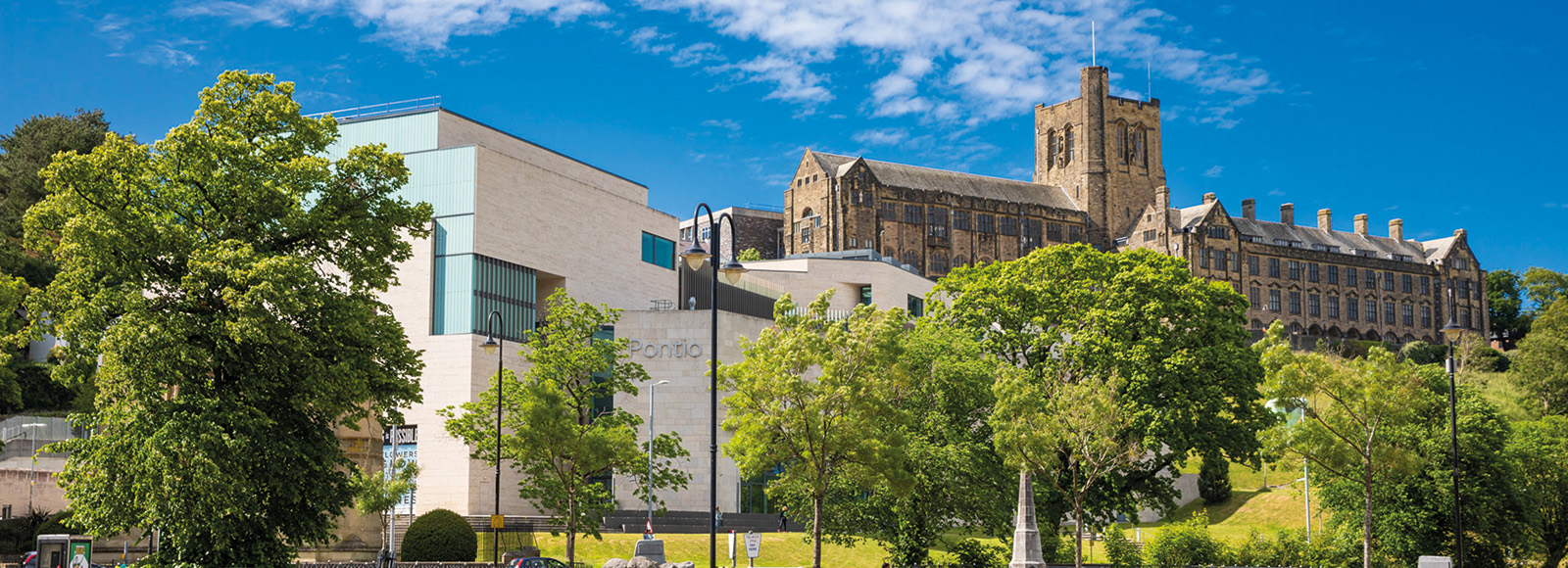Description
PhD Biological Sciences
The research work by the School covers the full spectrum of the biosciences.
The first six months of your PhD or MPhil will be spent refining your project proposal and conducting a thorough Literature review, which will contribute to your final thesis. You will also present your proposal to the rest of the cohort and supervisory staff. Feedback obtained will enable you to improve your final project.
You will also be expected to take advantage of the training programme provided by the College of Natural Sciences Graduate School and the University Doctoral School in both subject-specific and generic postgraduate-level skills.
Research Areas
Animal Physiology and Behaviour with specialisations in:
- Crustacean neuroendocrinology, growth, reproduction
- Environmental physiology of aquatic organisms
- Fish Behaviour
- Integrative behavioural physiology/energetics
- Marine mammals/conservation genetics
Cellular and Molecular with specialisations in:
- Cancer Research
- Cell Biology
- DNA damage checkpoints
- DNA repair
- Endothelial development
- Entomology
- Eukaryote chromosome dynamics/repair
- Eukaryotic cell control cycle
- Forensic acarology
- Human neural differentiation and cancer
- Intracellular host-symbiont interactions
- Mechanisms of mammalian signal transduction
- Metabolic regulation
- Metal-microbe interaction
- Microbiology of extreme environments
- Molecular medical/veterinary entomology
- Molecular parasitology
- Neurodegenerative genetics
- Neuroscience
- Reproductive parasites and pathogens of invertebrates
- Vector biology
Ecology and Evolution with specialisations in:
- Ancient DNA and long-term environmental change
- Behavioural ecology
- Biofilms
- Biogeochemistry of aquatic ecosystems
- Conservation Genetics
- Ecology of clonal animals
- Ecophysiology of aquatic organisms
- Effects of climate change
- Environmental biotechnology
- Evolution of venomous snakes and venom
- Evolutionary and population genetics
- Evolutionary ecology and phylogeography
- Fisheries Genetics
- Geographic variation in lizards, snakes and amphibians
- Molecular and evolutionary ecology
- Molecular ecology and adaptation
- Plant ecology
- Wetland biogeochemistry
- Wetland ecology
- Wetlands for Pollution Control
Plant Systems and Technology with specialisations in:
- Carbon partitioning
- Physiology and genetics of abiotic stress resistance
- Physiology of plant growth, cell wall proteins and genes
- Plant genomics and metabolomics
- Plant molecular biology
- Plant physiology and carbon partitioning
- Plant water relations
- Plant-rhizosphere interactions
- Single-cell transcriptomics and metabolomics
- The biophysics of growth
Programme Length
PhD: 2 to 3 years full-time; MPhil: 1 year full-time
Entry Requirements
Entry requires a good honours degree in a relevant biological subject or equivalent. Applicants from overseas must, in addition, demonstrate competence in English to an acceptable level.
Who is eligible to apply?
This course is self-funded.
Several studentships are also available. Sponsors include NERC, BBSRC, University of Wales. See the website for details.
Bangor University Campus

Discover Flexibility. Discover Opportunities
Nestled between North Wales’ mountains and the sea, Bangor University offers a remarkable academic exper...


